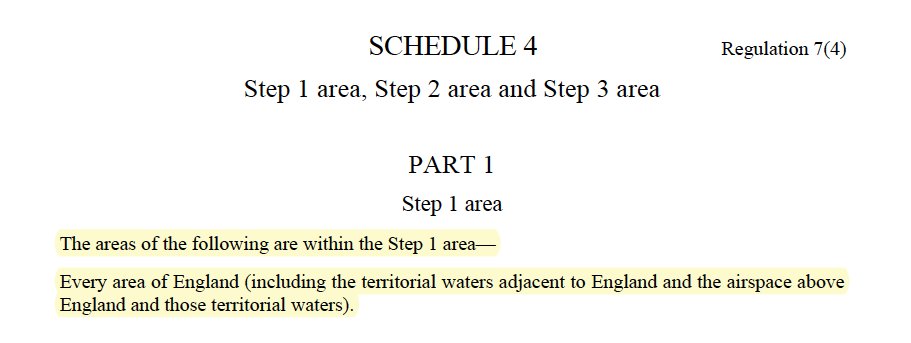
Today, at 1pm, it will be exactly a year since the first lockdown law, the most significant restriction on our liberties in peacetime, came into force.
Laid before parliament an hour and a half later, debated and voted on many weeks later
Laid before parliament an hour and a half later, debated and voted on many weeks later
https://twitter.com/AdamWagner1/status/1243196424445136896
Those laws have changed 70 or so times since, average of over once per week.
You can follow the extraordinary story through my boring-looking but actually fascinating spreadsheet!
It links, in the most right hand column, to my Twitter threads
docs.google.com/document/d/1ne…
You can follow the extraordinary story through my boring-looking but actually fascinating spreadsheet!
It links, in the most right hand column, to my Twitter threads
docs.google.com/document/d/1ne…
I have written a lot on this lockdown over the past year, and the impact on human rights, you can find pretty much everything in this thread
https://twitter.com/AdamWagner1/status/1239152935147311104?s=20
Here is something I wrote for @NewStatesman just under a year ago which I think has held up pretty well - could even say some of it was prescient newstatesman.com/politics/uk/20… 

And here, just in time for the anniversary of the first lockdown law, my new long-read for @prospect_uk
prospectmagazine.co.uk/essays/adam-wa…
prospectmagazine.co.uk/essays/adam-wa…

• • •
Missing some Tweet in this thread? You can try to
force a refresh







